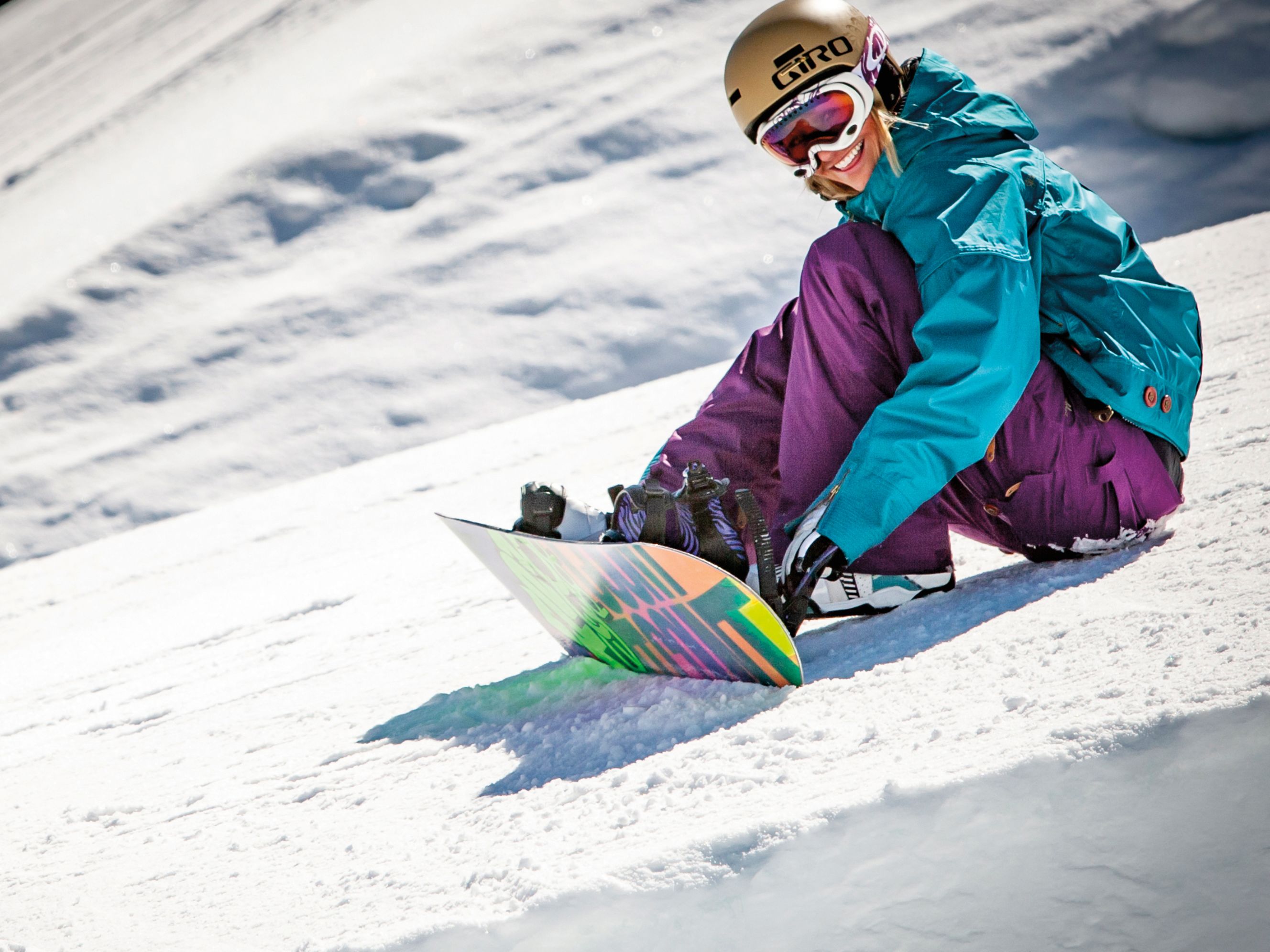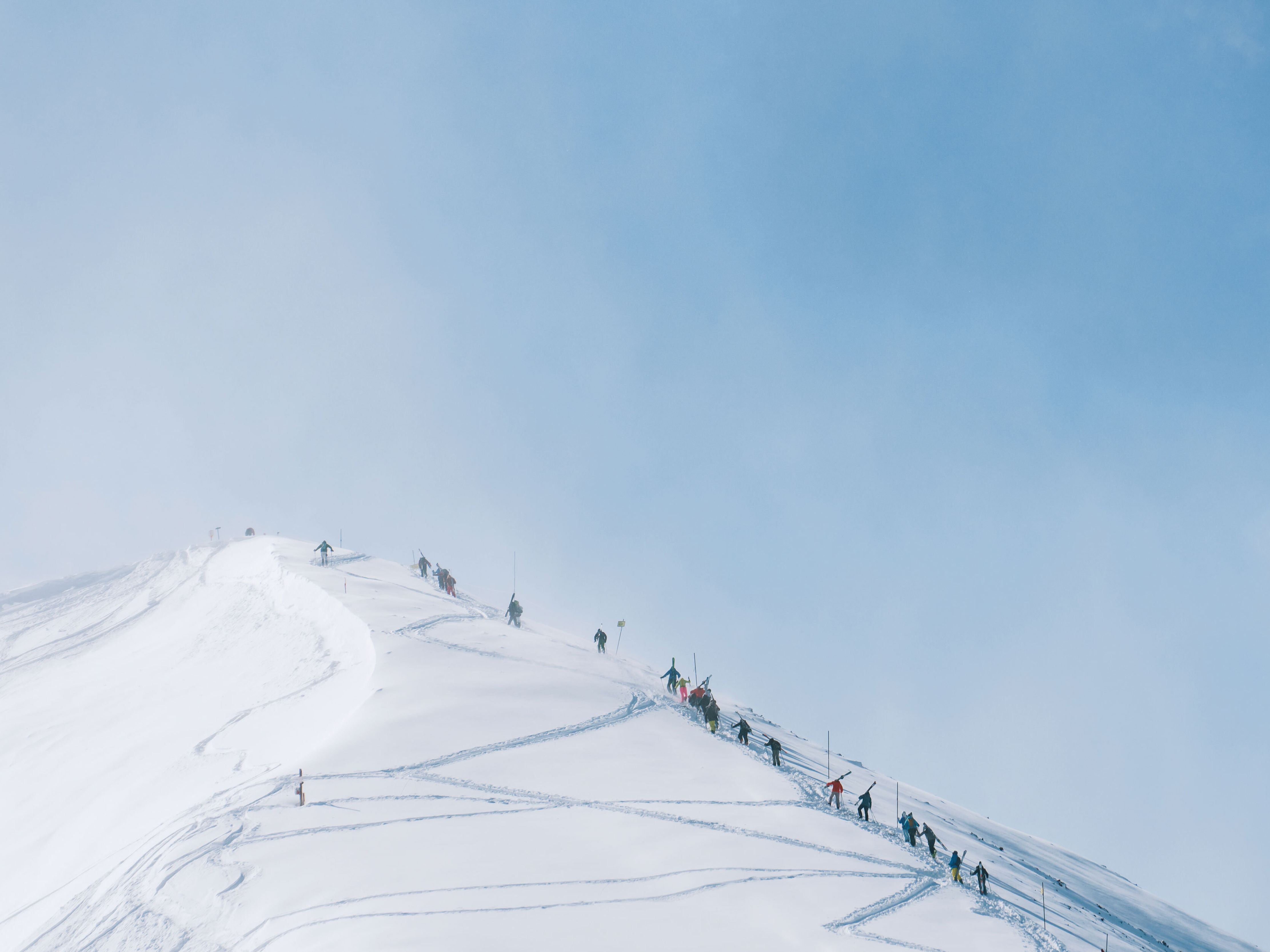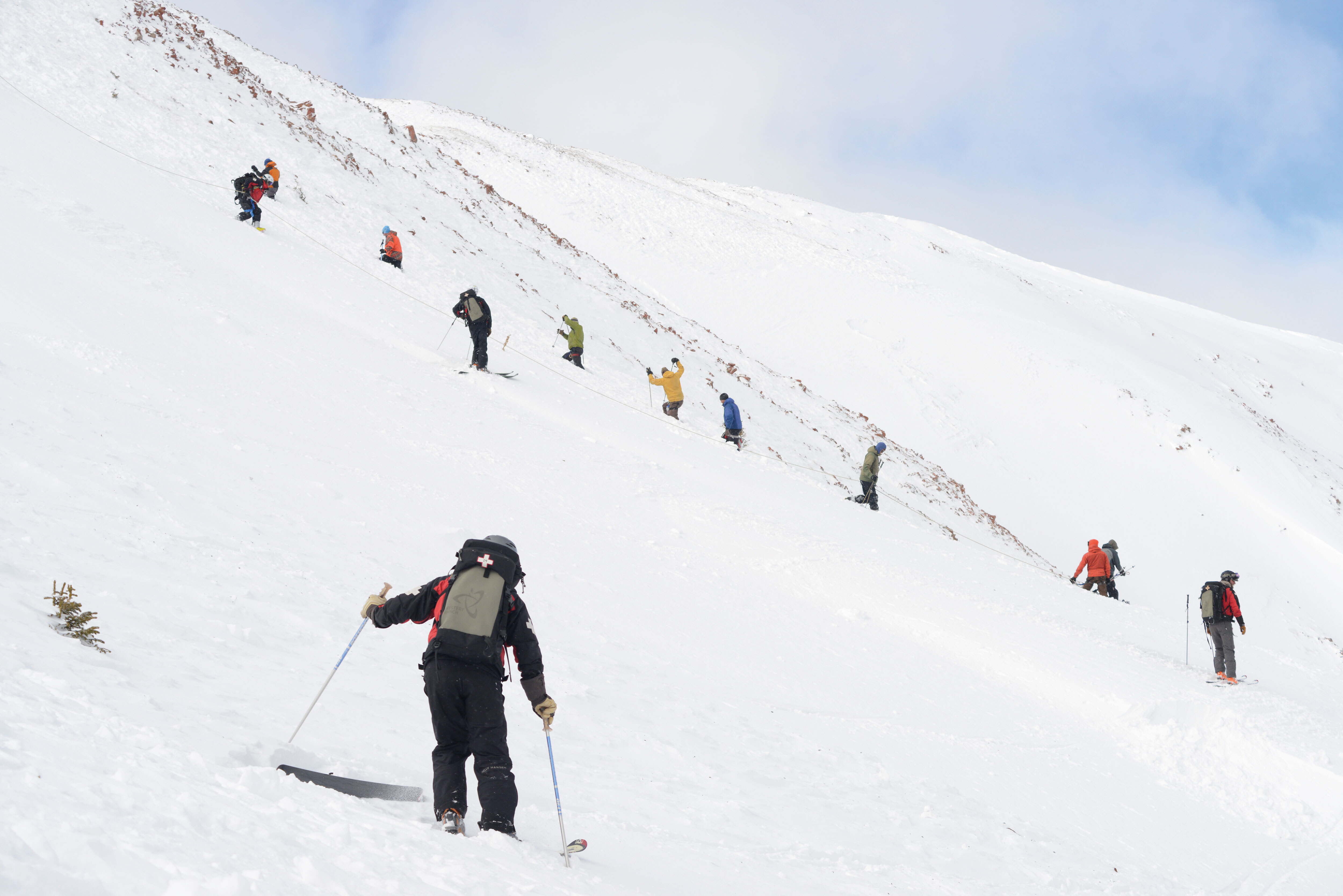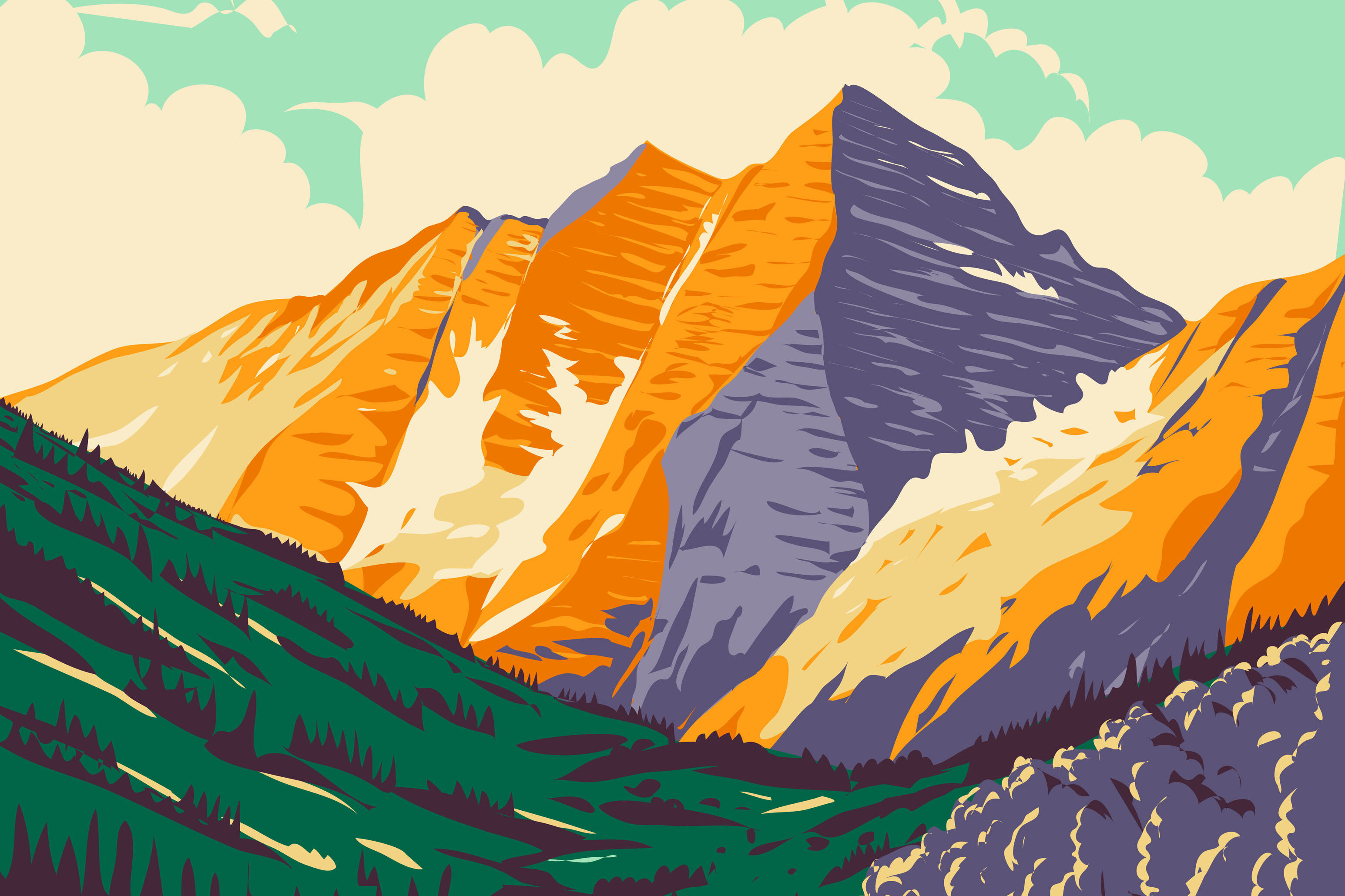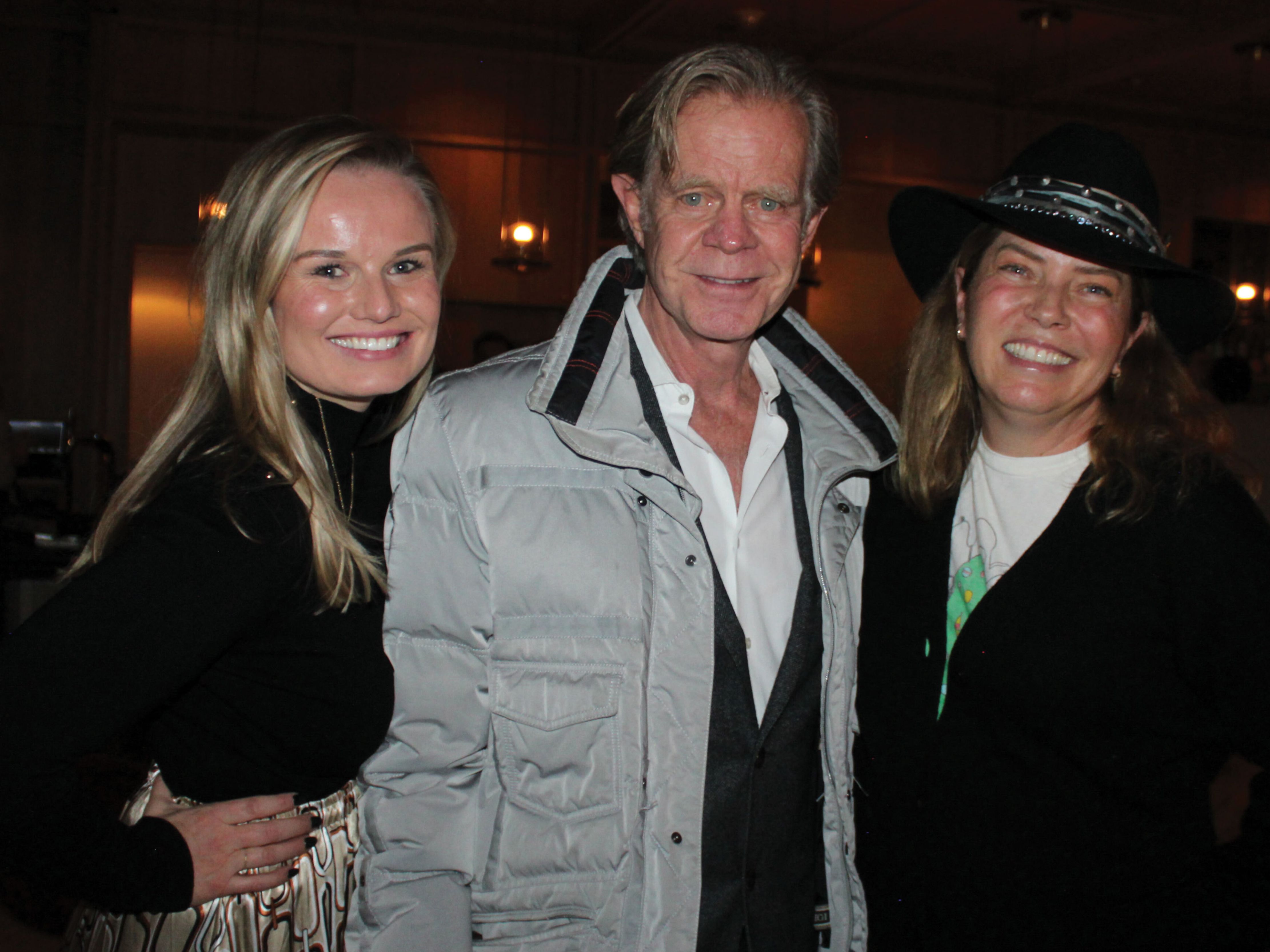A Conversation with Auden Schendler
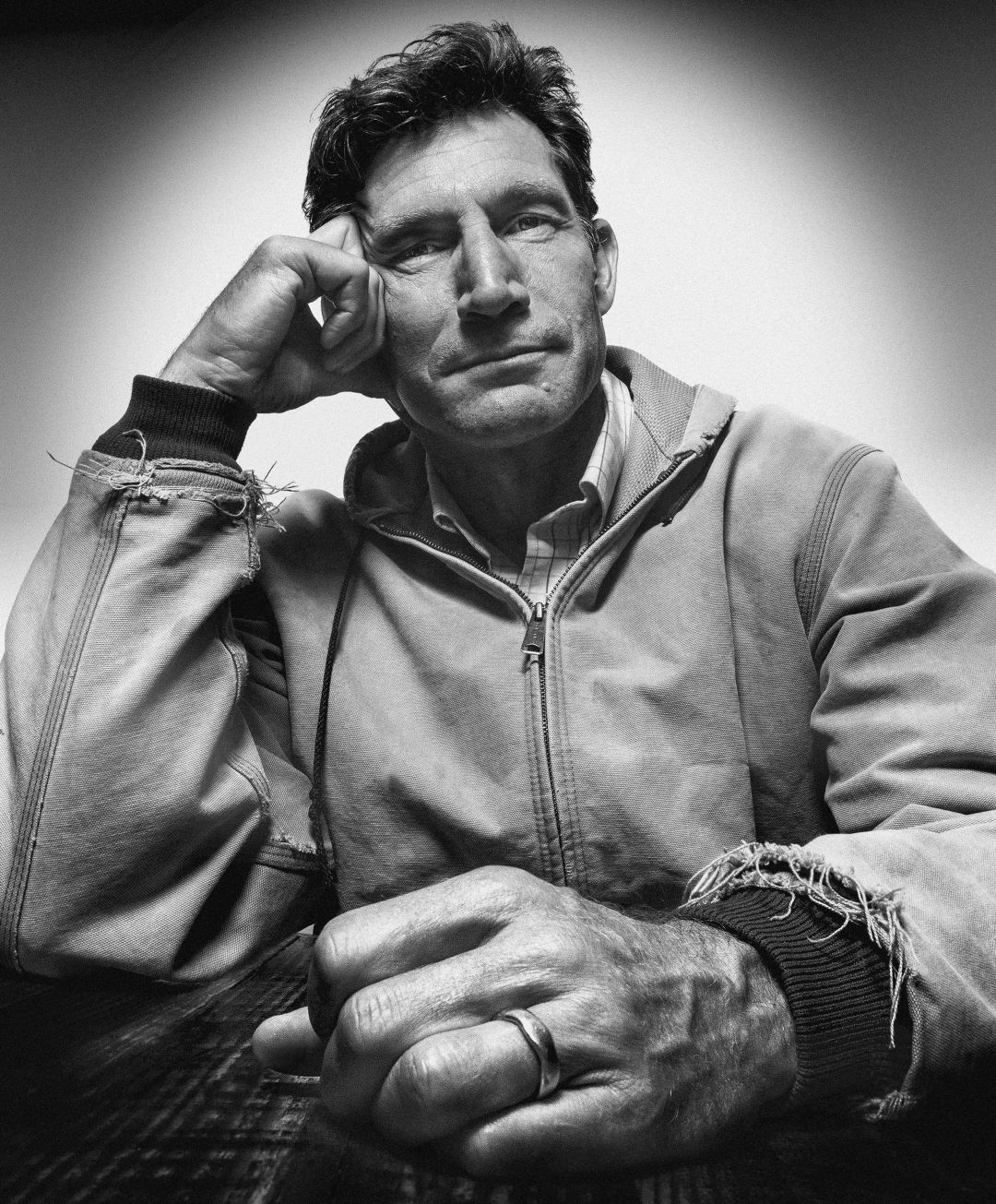
From 1994 to 1997, you taught math and English at the Colorado Rocky Mountain School and were also the school’s telemark skiing and rock climbing coach. What’s one important thing you learned there?
If you want to convey knowledge, you had better be entertaining.
Then you spent three years as a corporate sustainability researcher at the Rocky Mountain Institute. Why the career change?
My work there was mostly focused on the theory behind sustainable business. I wanted to test it out in the real world, get my hands dirty.
Since 1999, you’ve been the sustainability guru at Aspen Skiing Company and Aspen One. What do you hope to accomplish in this role?
I’m part of a team that includes the whole company; I never do anything on my own, and most of my department’s ideas come from others. Our initial goal was to reduce the company’s environmental impact. But the question we kept asking in the face of climate change was “Is this enough to actually solve the problem?” The answer was always “no.”
So then what happened?
That [response] eventually led to our new strategy, which focuses on power wielding—using Aspen’s convening power to influence the broader conversation around sustainability and role-modeling on-the-ground solutions like our methane plant or electrified buildings.
For example, Snowmass’s Ullrhof [restaurant] will be all-electric (a key climate solution for buildings), which has been no easy task for an on-mountain restaurant. We hope we have changed the corporate understanding of the sustainability movement, influenced others to move in this new direction of meaningful action, and modeled what that looks like. Details on that are in our sustainability report online and in my new book.
Terrible Beauty: Reckoning with Climate Complicity and Rediscovering Our Soul releases just after Aspen’s lifts start spinning. Give us the CliffsNotes version, and tell us why it should be on everybody’s reading list.
Terrible Beauty is about the failure of the modern environmental movement and a prescription for change. It’s part memoir, part polemic, part environmental history, part personal essay, and part philosophy. It’s a climate manifesto for people like me who are bored with climate books.
Why did you choose the title “Terrible Beauty”?
“Terrible beauty” is borrowed from Yeats. Think about looking at the things or people you love—your partner, your children, your beloved community—and knowing that they’re all doomed by climate change. Those things are so beautiful. And they are also legitimately threatened. And that arguably makes them even more precious and shows us a motivation for protecting them.
A decade ago, you were profiled in a buzzy Men’s Journal feature titled “Aspen and the End of Snow.” How worried should we be about climate change ending skiing as we know it?
First, climate change is full of surprises. I used to think, “Wow, the biggest threat to skiing from climate is snowpack disappearance.” That’s a threat. But I’m now worried more about fire. So, we don’t know what the future looks like for high-altitude resorts like ours. The bottom line is that everything we care about, skiing included, is threatened by climate [change], and that’s why we need society to focus on it in the next few decades.
What keeps you awake at night?
I am alarmed by the number of people, businesses, and government leaders who profess to care about climate change and then take actions that obviously can’t solve the problem. It’s like watching a horror movie, where the protagonist doesn’t seem to get what’s going on, or seeing a forest fire coming at you and the fire chief saying “Chill out, dude. I have a water pistol.”
What’s one concrete thing every skier can do when it comes to combatting climate change?
You need to think of yourself not as an individual with limited power, but as a citizen with almost infinite power. Figure out what unique powers you have and act on them.… Greta Thunberg’s innovation was to sit on the sidewalk for years. She’s driven an international movement. But she could have said “Ah, I’m just a kid.” One metric of all this is that the work is difficult and inconvenient, but gratifying. If it’s easy (“I drive a Prius!”), it’s not solving the global problem. Cormac McCarthy said, “All things of grace and beauty such that one holds them to one’s heart have a common provenance in pain.”
What do you hope your legacy will be?
We’ve tried to get people to question the status-quo solutions being taken on climate change and recalibrate toward meaningful action. That’s our legacy: We pointed the way, and we tried to demonstrate how to do it.

